Residential quality LVP floors are not good for wheelchair bound ppl.
Disaster Geneva
10 months ago
Featured Answer
Sort by:Oldest
Comments (13)
elcieg
10 months agolast modified: 10 months agoDisaster Geneva
10 months agoRelated Professionals
South Barrington Architects & Building Designers · Signal Hill General Contractors · Waimalu General Contractors · Williston General Contractors · Round Lake Home Stagers · Bel Air North Interior Designers & Decorators · Corona Flooring Contractors · Damascus Flooring Contractors · Stevens Point Flooring Contractors · Wyomissing Tile and Stone Contractors · Schofield Barracks Carpet Dealers · Orangevale General Contractors · San Carlos Park General Contractors · Bellingham General Contractors · Coatesville General Contractorselcieg
10 months agolast modified: 10 months agoDisaster Geneva
10 months agoDisaster Geneva
10 months agoDeWayne
10 months agolast modified: 10 months agoelcieg
10 months agolast modified: 10 months agoDisaster Geneva
10 months agoDisaster Geneva
10 months agoHU-574454193
9 months agolast modified: 9 months agoelcieg
9 months agoCA Kate z9
9 months ago
Related Stories
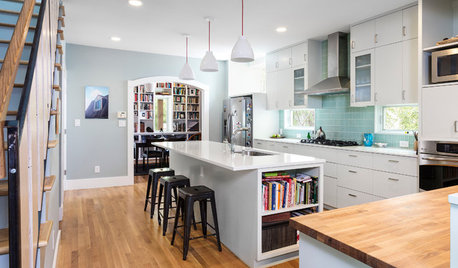
MOST POPULAR6 Kitchen Flooring Materials to Boost Your Cooking Comfort
Give your joints a break while you're standing at the stove, with these resilient and beautiful materials for kitchen floors
Full Story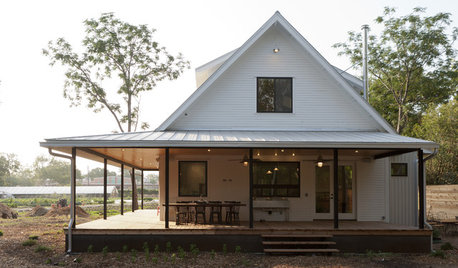
ARCHITECTUREWhat the Heck Is 'Good' Design Anyway?
We yearn for it and strive for it, but good home design isn't always easy to grasp. These 8 prescriptions from an architect can help
Full Story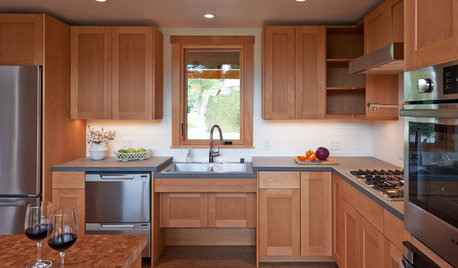
UNIVERSAL DESIGNKitchen of the Week: Good Looking and Accessible to All
Universal design features and sustainable products create a beautiful, user-friendly kitchen that works for a homeowner on wheels
Full Story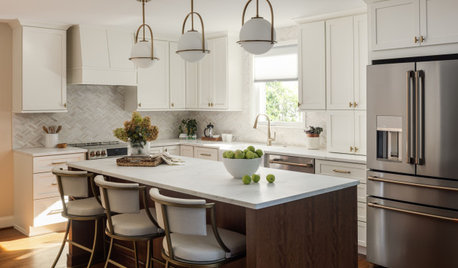
MOST POPULAR5 Remodels That Make Good Resale Value Sense — and 5 That Don’t
Find out which projects offer the best return on your investment dollars
Full Story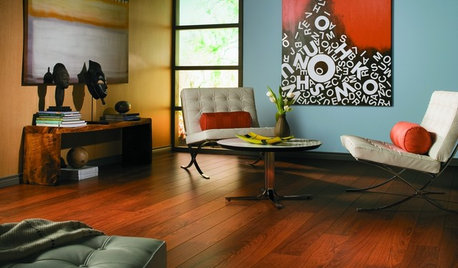
REMODELING GUIDESLaminate Floors: Get the Look of Wood (and More) for Less
See what goes into laminate flooring and why you just might want to choose it
Full Story
REMODELING GUIDES11 Reasons to Love Wall-to-Wall Carpeting Again
Is it time to kick the hard stuff? Your feet, wallet and downstairs neighbors may be nodding
Full Story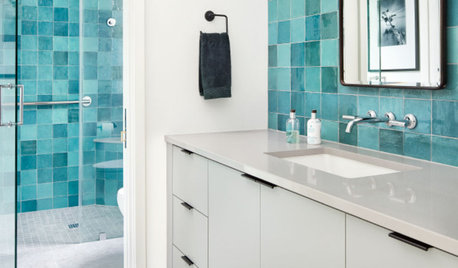
TILEPorcelain vs. Ceramic Tile: A Five-Scenario Showdown
Explore where and why one of these popular tile choices makes more sense than the other
Full Story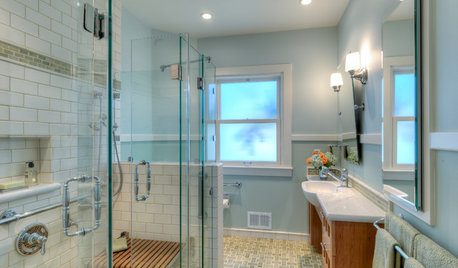
UNIVERSAL DESIGNBungalow Bathroom Gains New Accessibility
Better design and functionality make life easier for a homeowner in a wheelchair
Full Story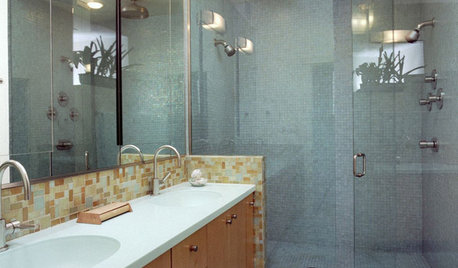
BATHROOM DESIGNThe No-Threshold Shower: Accessibility With Style
Go curbless between main bath and shower for an elegant addition to any home
Full Story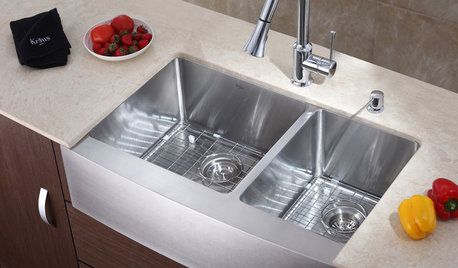
MOST POPULAR8 Little Remodeling Touches That Make a Big Difference
Make your life easier while making your home nicer, with these design details you'll really appreciate
Full StoryMore Discussions









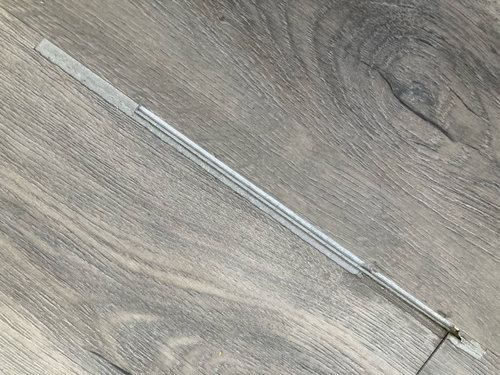




Disaster GenevaOriginal Author